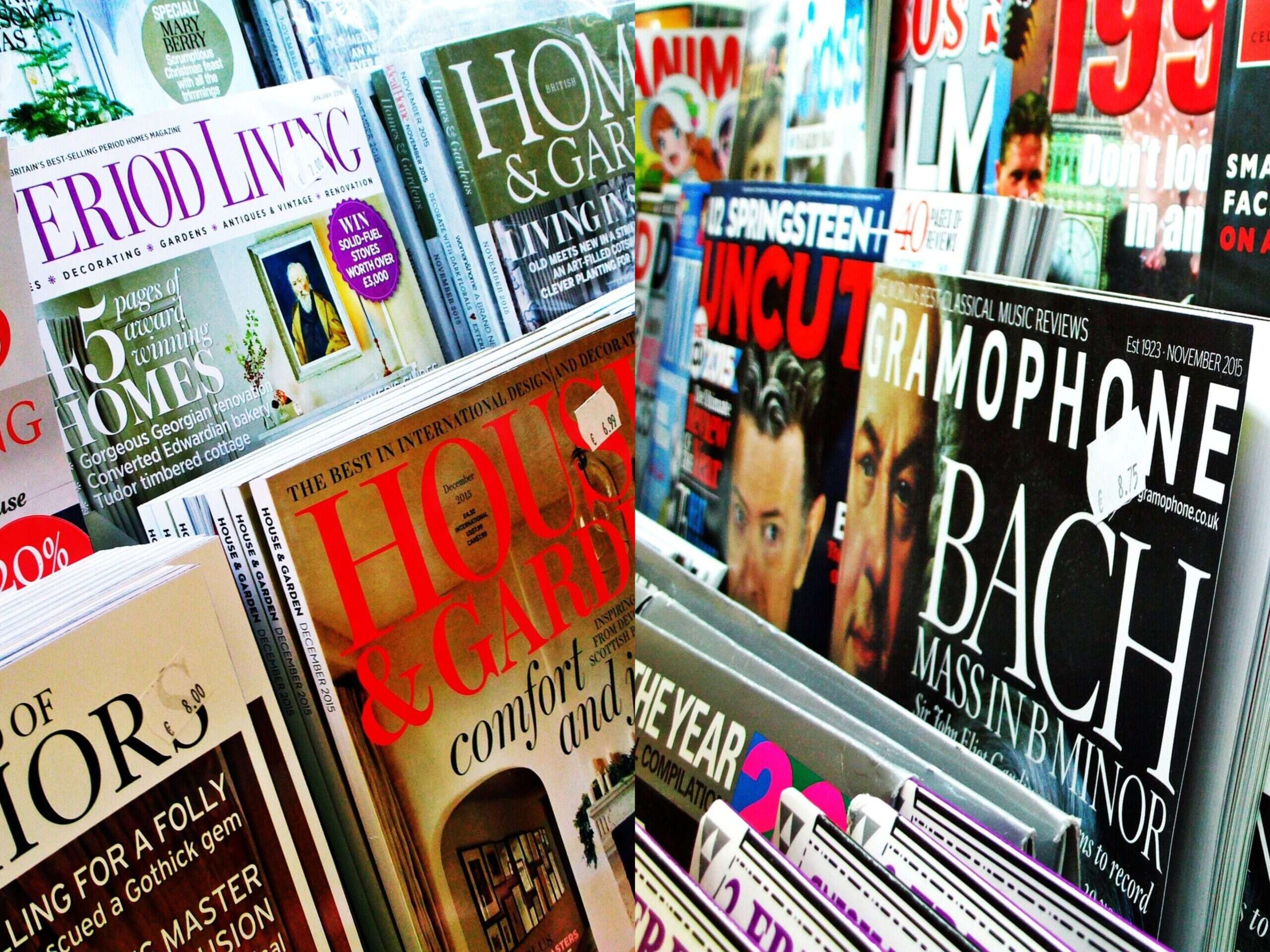
Magazine publishers fear a drop in advertising revenue of up to 95 per cent in the coming quarter, an industry body has claimed.
The Professional Publishers’ Association has written to Culture Secretary Oliver Dowden urging more support for businesses in the sector to survive the coronavirus (Covid-19) crisis.
A representative survey of PPA members taken last week showed an “extremely concerning” picture that advertising revenues are expected to drop by an average of 60 per cent in the next quarter, ranging between 20 and 95 per cent per publisher.
Across the next year, a drop of 40 per cent year-on-year is expected.
PPA managing director Owen Meredith told Press Gazette that anecdotally “most publishers are reporting huge increases in traffic as consumers are hungry for both information on Covid-19 and analysis around what that means but also looking for other things to distract and entertain them in the way that great magazine brands can do”.
This appears to be translating to a rise in subscriptions, he added, as people look “to spend some time away from screens after a day of conference calls [in a way that] speaks to a passion, an interest they have”.
But Meredith wrote in the letter to Dowden: “While there is some resilience in newsstand and subscriptions, the picture is volatile and very mixed across brands.
“In no way is any uplift in digital traffic or newsstand compensating for the loss of advertising revenue.”
Event revenues
Events, upon which many B2B publishers have relied for years and which consumer brands had increasingly focused on as ad revenues declined, are down 90 per cent this quarter.
According to the PPA’s survey, 77 per cent of publishers have postponed events and 56 per cent have cancelled them altogether.
Others have experimented with going digital, with 45 per cent of publishers having already launched new digital events and 25 per cent launching other digital products.
For example Hearst UK postponed Women’s Health Live proper for a year, but held a live-streamed version of the event this weekend.
Women’s Health editor-in-chief Claire Sanderson said: “This is a real shift for us and one that we find ourselves doing at pace.
“However, we have always worked extremely hard to ensure Women’s Health has a strong online presence, so are lucky that we can now rely on our digital expertise to bring our festival to life in a new way.”
Nonetheless Meredith said the events revenue stream had “little prospect of recovery in the next year as uncertainty drives decisions now around commitments for Q3 and Q4”.
“It is simply not possible to turn large scale live events on or off with a few weeks’ notice,” he said.
Government support
The PPA has asked the Government to extend its business rates holiday for leisure, entertainment and retail businesses to publishers, especially those who run events and exhibitions and are therefore hardest hit.
It also asked for the end to zero-rate VAT for digital publications, announced in last month’s Budget, to be brought forward from December this year and backdated to the start of the 20/21 tax year.
“This will provide direct help to publishers with cashflow, while delivering digital revenues to allow publishers to invest and meet demand for trusted journalism in all formats,” Meredith wrote.
Michael Gove announced in Saturday’s press briefing that the Government will support the media by investing more in its public information campaign being disseminated through national and local media and radio, but the PPA wants this to go further and include magazines as well.
Meredith told Press Gazette that many local magazine brands and B2B titles catering for the retail and leisure sectors provide the audiences the Government particularly wants to reach.
There is a “clear match-up between the Government’s objective” of raising awareness of its schemes to support businesses and employees and the audiences on offer, he said.
The PPA’s survey showed that 86 per cent of publishers are “extremely concerned” about the financial impact of coronavirus on their organisation, while the rest are “somewhat concerned”.
Seventy per cent of them have either furloughed staff already or are planning to make use of the scheme, while a quarter have made redundancies and half have reduced the pay of some staff.
Forced innovation
“Postponed launches, temporary suspension of print titles, and reduced frequency of issues are now becoming commonplace,” Meredith wrote.
Specialist publisher The Chelsea Magazine Company has temporarily merged its Sailing Today and Yachts and Yachting magazines, sending the combined title to subscribers of both.
It has also made its Wedding Ideas and Cruising International titles digital-only for the duration of the crisis.
Meanwhile free titles like Time Out and Stylist have gone digital-only and music magazine Kerrang has suspended print production for three months.
Meredith told Press Gazette: “There are examples of publishers who have moved events to online… There are publishers who have given free access or taken down paywalls in terms of access to Covid-19 reporting and analysis.
“There are publishers who have moved from print to online for a temporary period. So there’s lots of innovation going on.
“We don’t know what is successful yet but there is lots of stuff being tried out which is good and the ability of the industry to adapt quickly has been proven.”
Pictures: Pixabay
Email pged@pressgazette.co.uk to point out mistakes, provide story tips or send in a letter for publication on our "Letters Page" blog

